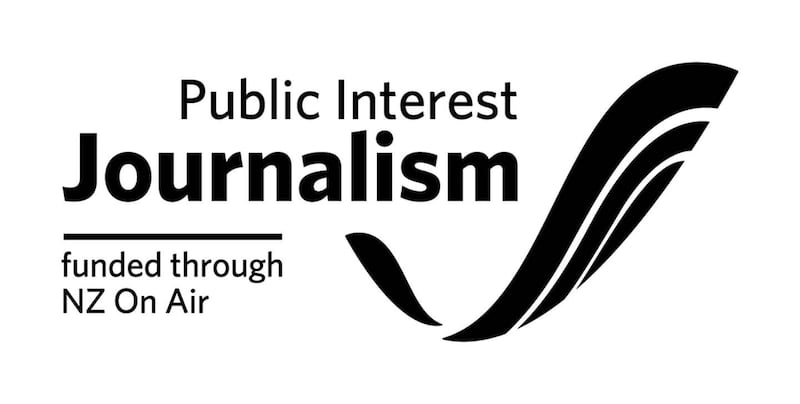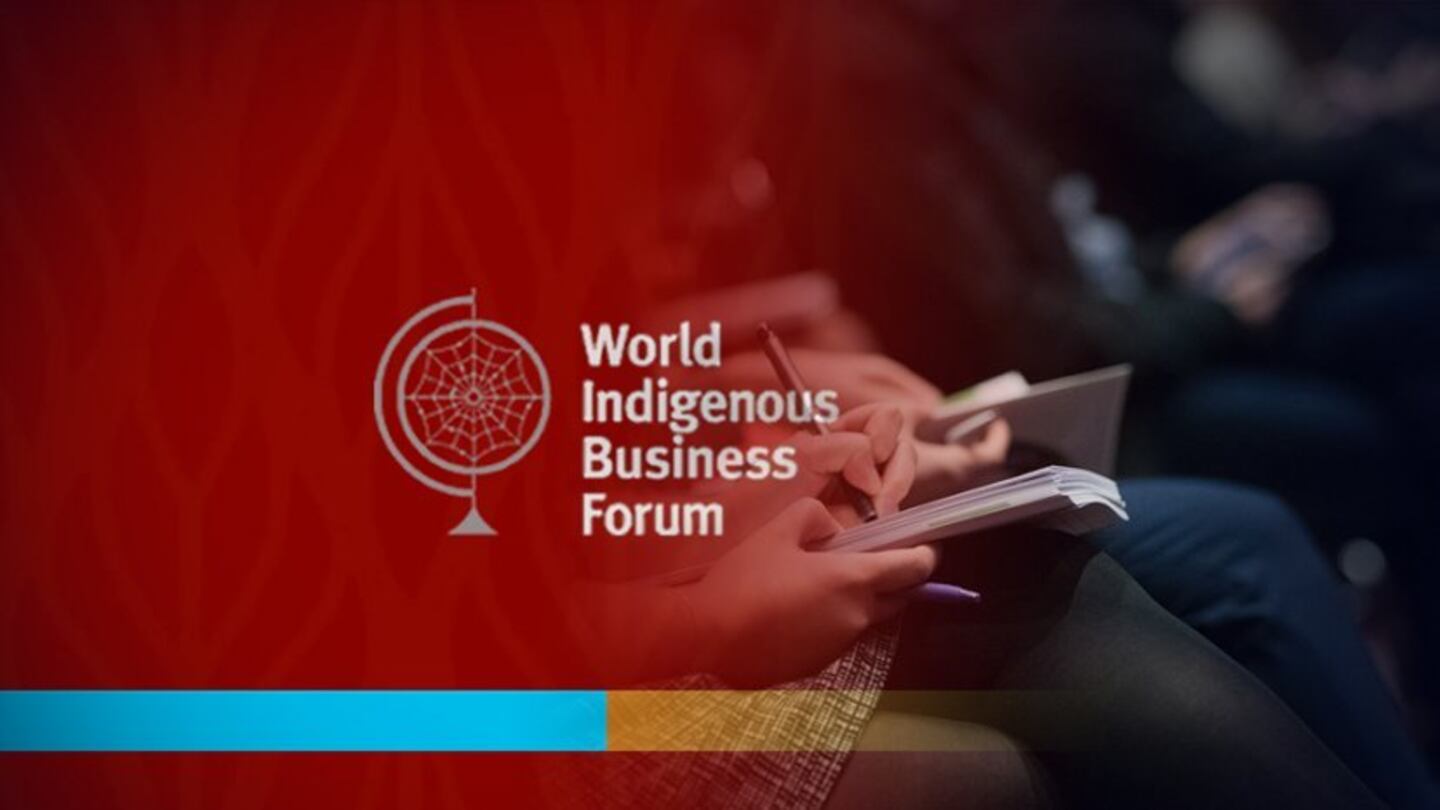A delegation of six people from the University of Waikato left for Colombia this week to attend the World Indigenous Business Forum.
The rōpū will be away for eight days, and they plan to engage with the indigenous Muisca people, hosts of the event that is on their ancestral lands.
Te Hononga-ā-Kiwa Māori Business alumni Luke Moss (Ngāti Maniapoto) and Māori Business Centres of Asia-Pacific Excellence (CAPEs) project lead Nathan Rahui (Ngāti Whātua, Ngāpuhi) are two delegates of the group.
Kanohi ki te kanohi - the WIBF is back and in person for the first time since Covid-19 stopped the world.
Covid-19 has prevented the Forum from meeting in person since 2019, however, Rahui and Moss are excited to share kaupapa Māori with other indigenous cultures once again.
“We turned our program into an online program instead over the last couple of years, but with the borders opening up there was an opportunity for the World Indigenous Business Forum to bring some of our alumni over to present on some of the stuff that we get to do in Aotearoa,” Rahui says.
CAPEs is a hub of intercultural expertise for New Zealanders to learn and understand more about the Asia-Pacific and build on future-focused commercial, educational and cultural relationships in the region’s economies.
Moss is one of three NZ-based CAPEs alumni in the delegation chosen to venture to Colombia.
“The biggest thing that I want to do is make some connections for Māori, in particular Ngāti Maniapoto,” Moss says. “Not just using the conference to present and then go home, but actually to make sure that when we’re coming we’re making this hononga a part of Te Hononga-ā-Kiwa, and to make connections for whānau and start getting our people over here.”
Moss’ hopes for his iwi is to have networks made at the conference so that his marae can have their trip to Brazil in 2023 a smooth experience when they go over to connect with their indigenous peoples.




